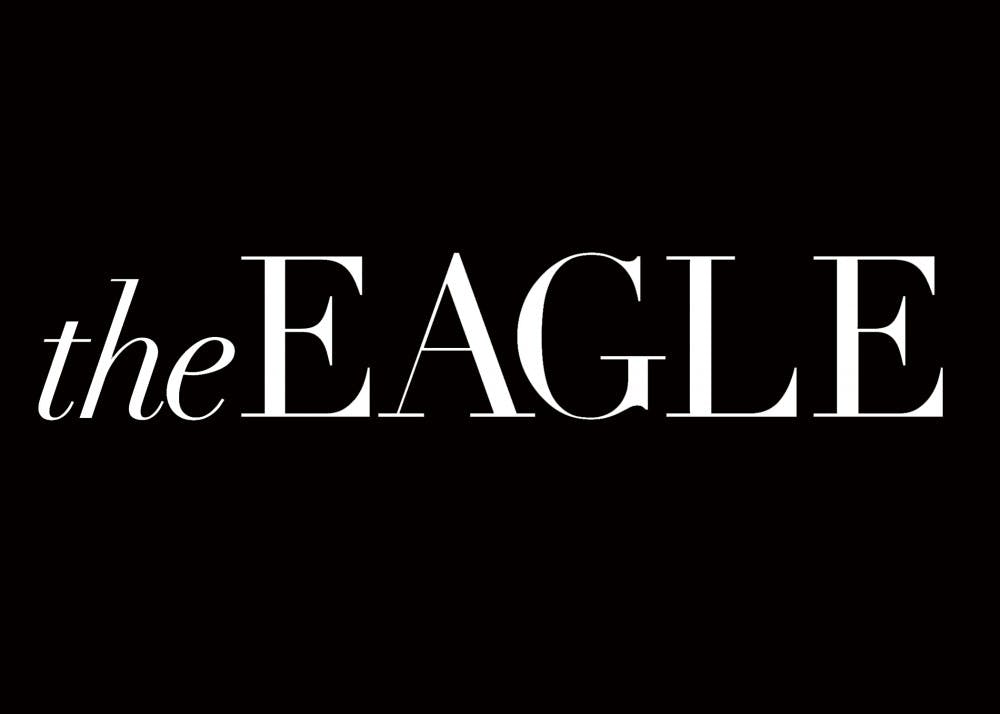The change to the University’s health insurance provider has left students across campus frustrated, serving as the latest example of the lack of communication between the administration and student body.
Conveniently announced on May 9, right after finals week ended and summer began, students received an email from Vice President of Campus Life and Inclusive Excellence Fanta Aw, stating that the insurance provider for students had changed from UnitedHealthCare StudentResources to CareFirst BlueCross BlueShield. It was in that email that students were told this insurance plan would be effective starting Aug. 1, and that waiving the insurance would be possible for those with comparable coverage in D.C. until Sept. 20. The waiver and instructions on how to submit it were not sent to students until July 12, in an email from Aw. Following this was confusion on the part of students on the process itself, unexpected waiver rejections and frustration at a premium cost of $1,890.
The Eagle is disappointed with the administration’s handling of this change to student health insurance. The time frame given to students to waive the insurance, when given the amount of difficulty in sending the form in, was unreasonable and students were not properly informed of new processes in approving waivers. The hoops students were expected to jump through with this auditing process, from sending PDFs of insurance cards to multiple days of tech support calls, were not explained.
Before this change, it was up to students to know if their health insurance was comparable coverage in the D.C. area or not. After the switch to CareFirst, some students who may have previously waived the insurance cost no longer qualified during the new auditing process. The process was not explained in the emails from the Office of Campus Life, and as a result, students who may not have done their due diligence were then left with high costs after receiving health care in the D.C. area. The administration has an obligation to communicate all details of something as important as student health care up front and in a timely manner.
These issues are particularly difficult for international students. While American students may have never dealt with insurance themselves, their parents may be familiar with the processes and options for health insurance. Many international students have never had to think about paying for their health care before, let alone comparing premiums, deductibles and coverage. This leaves international students with fewer options and a potential reliance on the University plan. The administration’s communication to international students has failed when they are left uncertain whether or not they can even waive the insurance at all.
The Office of Campus Life has focused on promoting the benefits of the new plan: expanded mental health coverage, enhanced wellness programs and lower deductibles. However, students were very suddenly expected to pay more money on health care than anticipated. The University consistently leaves lower-income students out of the big picture when making these decisions. Taking out more loans is not a feasible solution for students who cannot afford the cost attached to the health insurance plan. It is difficult to go back and even change loan amounts, let alone receive aid without strings attached.
Additionally, telling students to simply speak to their financial aid counselor if this cost would create more financial difficulties is misplaced and out of touch. This phrasing implies that students have individual financial aid counselors, when this is rarely the student experience. Instead, students meet with the first available counselor who doesn’t know anything specific about their situation, nor have any incentive to advocate in a specific way for that student. The Office of Campus Life did not provide a sufficient safety net for students caught in this change in any of the emails sent to students.
The administration could have taken steps to mitigate students’ confusion and frustration. Not only could the process have been better explained, but waiting until students were off-campus prevented any meaningful student organizing. Waiting until mid-July to inform students of a charge they would be expected to pay on Aug. 1 also prevented students from responding as effectively as possible. There were no discussions held about this insurance plan and no roundtables, which were used in the transition from Aramark as dining provider. Students deserve the opportunity to voice what is most important to them in an insurance plan, and to hear directly what this plan’s coverage offers over others. At the very least, students deserve the respect from the administration that they can be in charge of their own health choices, when fully informed of the options.
University students, especially those hundreds of miles from home, need to have health insurance. No one needs medical debt on top of student loans. More support and information must be given to students when big changes on campus like this occur, and it is necessary that these systems be improved for student benefit, not administrative.
opinion@theeagleonline.com




